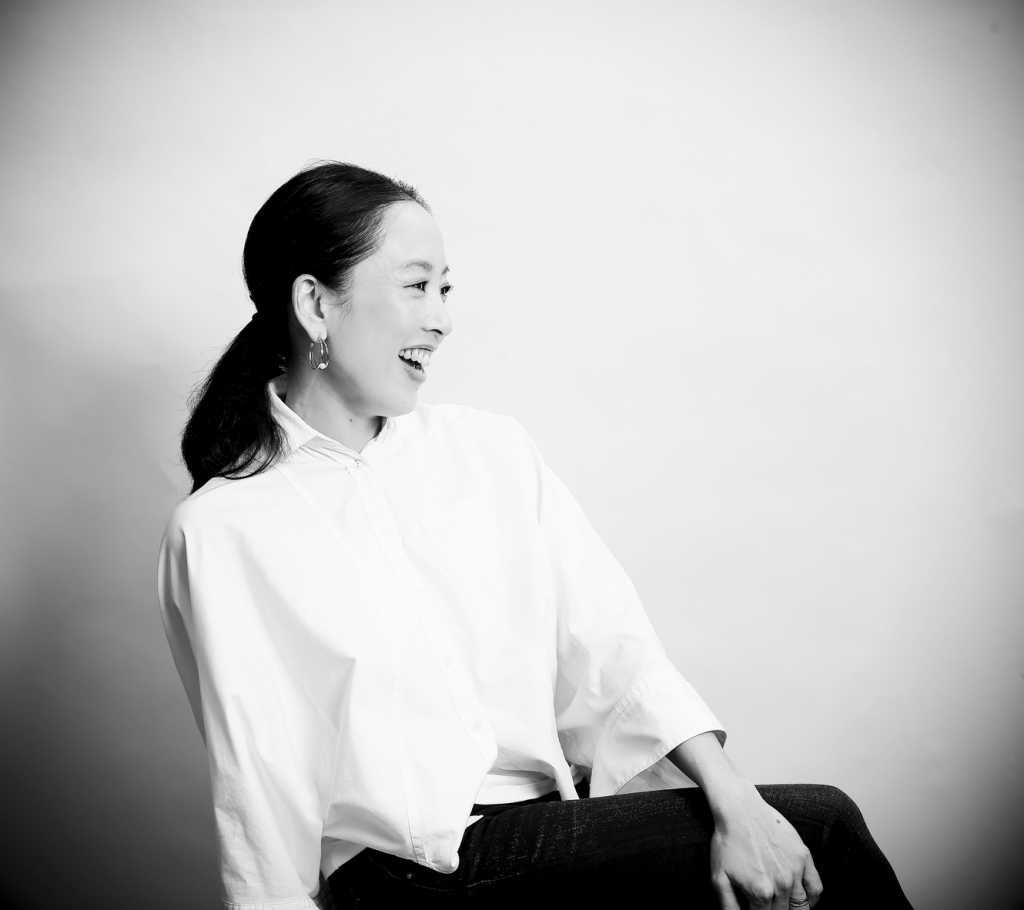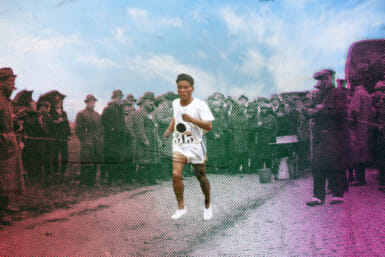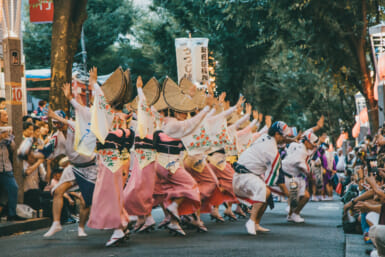I discovered Yuki Tejima thanks to Instagram and its (pesky at times) algorithm. It guided me — a passionate lover of books and coffee — to her account, which had a great selection of both, together. It didn’t take long before I was completely immersed in it and the rest is history.
Tejima is not only an avid reader but also a translator, having translated from English to Japanese and vice versa in almost any way you can think of, from simple labels to literary works. I reached out to her to learn more about her career, relationship with literature and language and future aspirations. Though she usually works out of Tokyo, Tejima is currently staying with her family in Los Angeles, California.
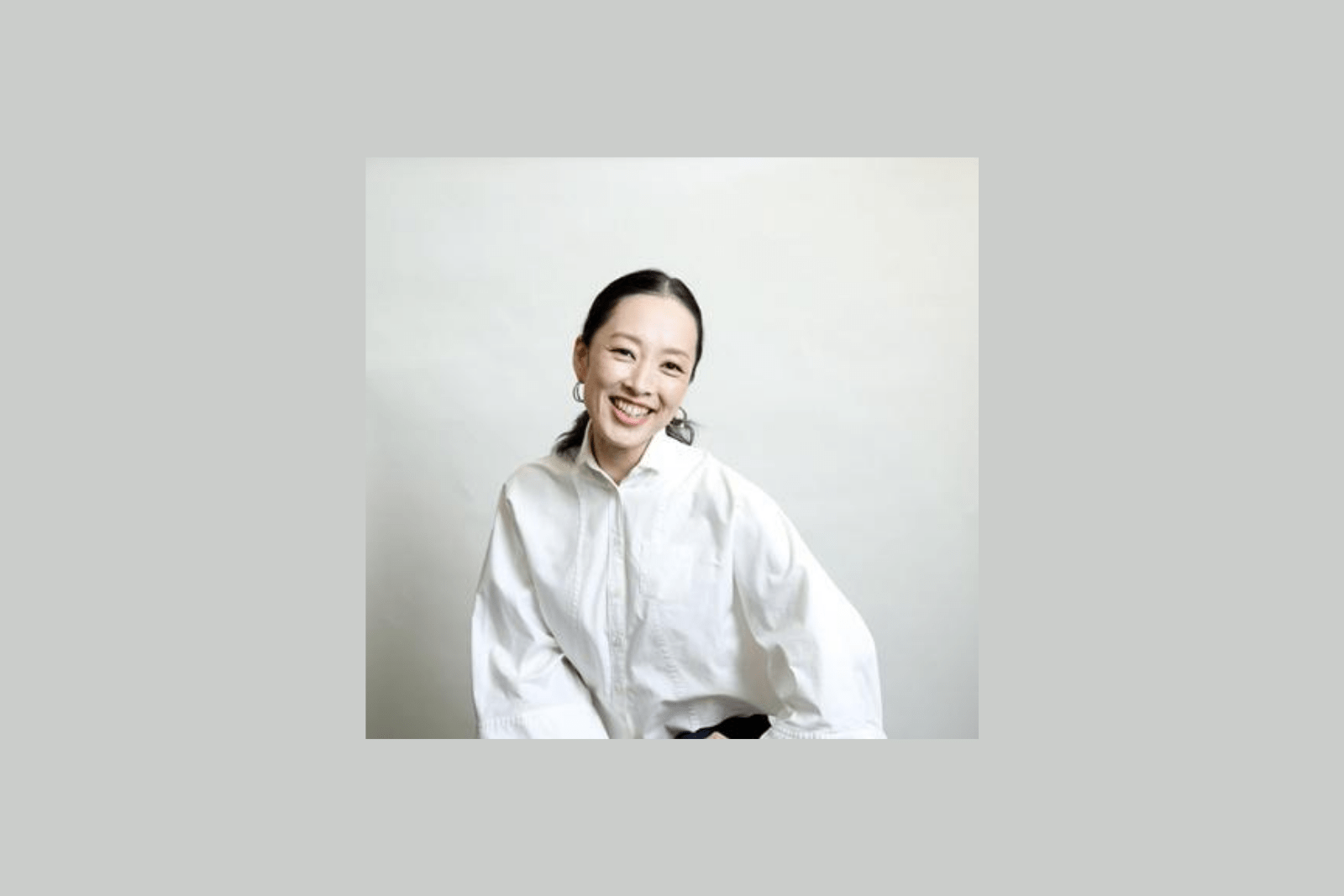
Photo by mikico
1. Born in Tokyo but raised in LA, what made you come back to Japan in your mid-20s?
From age 4, when my family moved to LA, to the age of 24, I knew Japan only through short summer and winter vacation visits every few years with my family. Those childhood trips felt like candy store visits, all fun and fantasy and Hello Kitty. But they must have had some kind of lasting effect because, in college, I surprised my family — and myself — by announcing that I wanted to study in Japan for a year. This was a sudden turn, as I’d spent most of my American teenage years running away from Japan and the complicated split-identity issues it presented. My junior year in Kyoto was the start of what would turn into a pretty heated, shall we say, relationship with the country. When I was 24, I accepted a teaching job in Okinawa. And for the past fifteen or so years, I’ve come to actually split my time between Japan and the US.
2. How did you come to teach at the Okinawa Actors School and direct a popular weekly television series? How did that transform into working in translation?
I don’t remember growing up with any creative ambitions in California. As an Asian-American, and a fiercely introverted one at that, it never occurred to me that living a creative life could be an option. My parents were always open-minded and supportive, but I never went to them with any grand ideas like becoming a writer or working in the arts. Careers like that were meant for talented people.
During college, where I majored in political science, I was introduced to a visiting education researcher from Japan. A few years after I graduated, she emailed to say she was working with the Okinawa Actors School to start an international school, and they were looking for bilingual teachers. I knew of the school, of course. Who didn’t in Japan? This was the early 2000s. It sounded like a dream. Living in Okinawa, working with talented young adults, and in the performing arts, no less. I’d attended a performing arts school for six years as a child and loved musical theater but had set it aside as academics took over.
“It never occurred to me that living a creative life could be an option.”
I ended up working at the school for nine years. I incorporated Broadway musicals into my lessons, creating the classes in creative expression and confidence-building I wish I’d had growing up. Many of the students I taught would later become professional dancers, singers and actors. Working with such raw talent and energy was a thrill, and a few years into my stint, I began writing RENT-inspired musicals (the early 2000s!) in Japanese for them to perform. The musicals evolved into a weekly television series, and I was writing creatively for the first time. Who knew? That phrase popped up in my mind often. Who. Knew.
Translation arose naturally, something I did daily to teach my classes and share books, lyrics, articles, and anything else that wasn’t available in Japanese, with my students. Context was everything. I was desperate for them to know everything that went into creating a Broadway musical, for example, and resources in Japanese were few and far between.
3. You now have your own translation service company, Cotoba & Things. What would you say are the biggest challenges of your day-to-day work as a translator and copywriter in Japan?
Language feels like a living, breathing creature that transforms day by day. Any challenges working as a translator is to not only capture the nuance of the original text, but to be able to communicate to readers or recipients that the nuance has been captured. I’ve been fortunate in that I’ve worked with many of my Japanese clients for four or five years, giving us ample time to build up the trust. Because I look and sound Japanese, and with my name being Yuki, it sometimes takes a minute for it to sink in that I’m a native speaker and writer of English. But once the relationship has been developed, they can get into the nitty-gritty of Japanese concepts and sensibilities with me, which is an enormous help in the translation process. I grew up in America, after all, and need to have Japanese culture explained to me at times. I want to know what has just been exchanged in a wordless glance. Again, context makes all of the difference.
I find it essential to read constantly in Japanese when I’m in the US, and I feel an equal sense of urgency to read in English when I’m in Japan. Language really is a muscle, and it starts to go if you don’t care for it. I try to alternate between English and Japanese books, but those new releases sitting pretty in every bookstore are irresistible. We’ll see how things go when I return to Tokyo.
View this post on Instagram
4. How do you feel translation work is regarded here? Is it different than in the US? If yes, how?
Translation comes in so many different sizes and colors. Generally, I believe the Japanese place great value on translation and translators, as they will be the first to admit they as a whole need to work on their English skills. But how much they value a translation, and translator, depends very much on the project. Having translated everything from shampoo product descriptions and real estate proposals to television programs and literary short stories, I can say that finding your best fit in terms of genre, industry, or who you want to work with is of supreme importance.
When it comes to translated literature, Japan has a rich tradition of reading works in translation. The selection of translated books from around the world is astounding, and literary translators are highly respected and often as visible as the authors themselves. In the US, translators are being recognized more and more, but translated literature is still seen as a niche market.
Working in the US, I’ve found that being bilingual in English and Japanese is fine, but people aren’t necessarily clamoring for texts to be translated into Japanese. In the US I simply do more writing for clients in English, which I love to do.
5. You also have a blog, Book Nerd Tokyo, where you share your thoughts on your latest reads. Why did you decide to launch it in the summer of 2019 and what are your goals going forward?
In 2019, I had been living in Tokyo for about five years, which, when you consider the scale and scope of the city, is still considered to be the exploratory stages. Like in New York City, where I’d moved from, my way to get to know a city is through its bookstores and coffee shops. So I chose an area of Tokyo each week and would walk around, popping in and out of independent bookstores and classic kissaten coffee shops. One day it occurred to me that I could post some of my finds on Instagram, that it might interest a few people. I hastily named the account @booknerdtokyo and decided I would do the non-algorithm-friendly thing of writing captions in both English and Japanese. I quickly learned I had more to say than the character limit allowed, and the website Book Nerd Tokyo was born. The website feels like a playground, where I can write down everything that doesn’t fit into a social media caption.
Moving forward, in addition to writing about books and authors, I hope to explore bookstore and possibly kissaten culture in more depth, for when travel opens up and people are able to visit Japan again, especially now that so many independently-owned shops are having to close their doors. Something else I’ve been thinking about for a few years, though I’m not certain what shape it will take in this Covid-19 world, is a Japanese book club and an English book club, with possible meet-ups in Tokyo at some of these bookish spots.
I’ve also adapted some of the lessons from my Okinawa days into creative workshops for professional models and actors in Tokyo, whom I work with regularly. I love a great workshop, and perhaps it might work online? To me it all fits together, the soaking in of books, art and culture, absorbing it and making it your own, and then finding ways to express what you’ve absorbed in your own unique way.
6. How would you define your relationship with Japanese literature, both when you were growing up in California and now that you live in Tokyo? Would you say you read more in Japanese or in English?
Growing up, I was just a regular California kid, reading The Baby-Sitters Club, Sweet Valley High, everything by Judy Blume. But of course I never saw myself in any of those stories. On our summer and winter trips to Japan, one of my favorite places to visit was the PARCO bookstore in Kichijoji (sadly closed), where my brothers bought manga and I bought as many Japanese novels as I could afford. I couldn’t have named what I felt reading them, but I realize now it was comfort, to read about Japanese girls my age who just went to school, had secret crushes, fought with their sisters, hated piano lessons. Just like in the American books, except these girls weren’t defined by their being Japanese.
Now that I live in Tokyo, I get to actually reside in these worlds, going to izakayas and eating the same dishes, shopping in Omotesando, watching the sun set from the train platform. This has made the novels richer in terms of my connection to their realities. I have sweated miserably in the humid summers of Mieko Kawakami‘s Breasts and Eggs, for example. The more I learn about Japan, the more I can read between the lines, and I start to pick up on the silent nods, winks, rolling of the eyes (though Japanese people don’t roll their eyes) in the text. But it has also taken away any illusions I may have had about Japan being a problem-free society.
Without Japanese books, I wouldn’t know just how passionate, jealous, frightened, angry, deceitful, devastated, loving, silly and curious Japanese people are
7. How has reading Japanese literature rigorously, both in and outside Japan, changed your relationship with Japanese culture?
Without Japanese literature, I would understand even less than I do about what really goes on inside a Japanese person’s mind (including my husband’s). I compare my reading of Japanese novels to listening in on conversations between Japanese natives when non-natives are not present, learning what they really think and feel. It’s someone explaining to me all that was left unsaid at the holiday get-together, or over dinner, or in the meeting. Without Japanese books, I wouldn’t know just how passionate, jealous, frightened, angry, deceitful, devastated, loving, silly and curious Japanese people are, and how complicated Japanese culture is, even for those who were born into it.
8. In a post you wrote for Babbling Books, it’s mentioned that you seem to give particular attention to Japanese female writers. How do you feel about their representation in translated works versus in the Japanese literary world?
I began reading Japanese female writers as a way to learn more about myself, about where I came from and what traits I might share with these women. A completely self-serving ritual, really. It thrills me that female writers are being recognized more, both in Japan and abroad, and I’m inspired by how vocal they are, though it doesn’t all reach the English-speaking world, naturally. The Japanese literary world is still very male-centric, sometimes to a suffocating degree, but it’s reassuring to see women writers, editors, translators, and publishers no longer sitting quietly in the background.
Outside of Japan, I feel the novels chosen to be translated tend to lean toward the quirky, which isn’t representative of the true scope of Japanese women writers. But there are more translations available each day, which I’m thrilled to see.
9. Though you’re based in Tokyo, you’ve been in LA for a few weeks now. How has the Covid-19 pandemic affected your work and life, it at all?
At the time of this interview, I’ve been in Los Angeles for six months. Not only have I never spent so much time with my parents, which has been a gift, but this is the first time in nearly twenty years that I’ve been in LA for this length of time in one stretch. With the pandemic, as well as the ongoing racial reckoning that is not new by any means, I’ve felt the pain and anger in the US with an immediacy I might not felt in Tokyo. My priorities for work and life have shifted dramatically, and my focus, more than ever, is on what work I can do every day to help, not hurt, the world we live in.
10. Finally, Tokyo Weekender has its very own book club. We do our best to share some of the best works translated into English with readers all over the world, but we’re curious: What would you say is the easiest way to get into Japanese literature if you live outside Japan? And what authors would you suggest to start with?
I live by this motto – take it one book at a time. If I think for even one second about trying to understand Japanese literature in its entirety, I am instantly overwhelmed by the mountain of books I haven’t read. I try to find one book I enjoy, learn more about the author and publisher, see what else has been published. I then try another book. If it’s not for me, I put it down, but I don’t give up on the whole country. I just pick up another book. Independent bookstores are also a great source of information and inspiration for me, like having a trusted bookish friend who is always excited to share their recommendations.
For someone reading a Japanese author for the first time, I might start with Banana Yoshimoto’s Kitchen, though it was published over three decades ago. There’s a reason it’s still being read, and I feel its themes are more relevant than ever. Yoshimoto also has a large selection of books in translation one can turn to after reading Kitchen. (In case you do or don’t like the book.)
For a feel of where contemporary Japanese literature is right at this moment, I would recommend Mieko Kawakami, though her new book Breasts and Eggs is not meant to be a light read. I found it to be magnificent. I read the bestselling novel last summer in Japanese, and I remember turning the final few pages in a Tokyo café and staring out into space for several minutes, trying to catch my breath. She has a few other books in translation as well, depending on where you are in the world. When I see these new translated works, I think, good, great, more, more, more! (It’s so much easier said than done.)
I am so grateful to translators for transporting me to other worlds, especially during these months of staring at the same walls. If done well, translators are invisible, and if done not-so-well, translators are blamed. It’s a difficult job! If there are any translators reading this, I want to simply say, thank you.
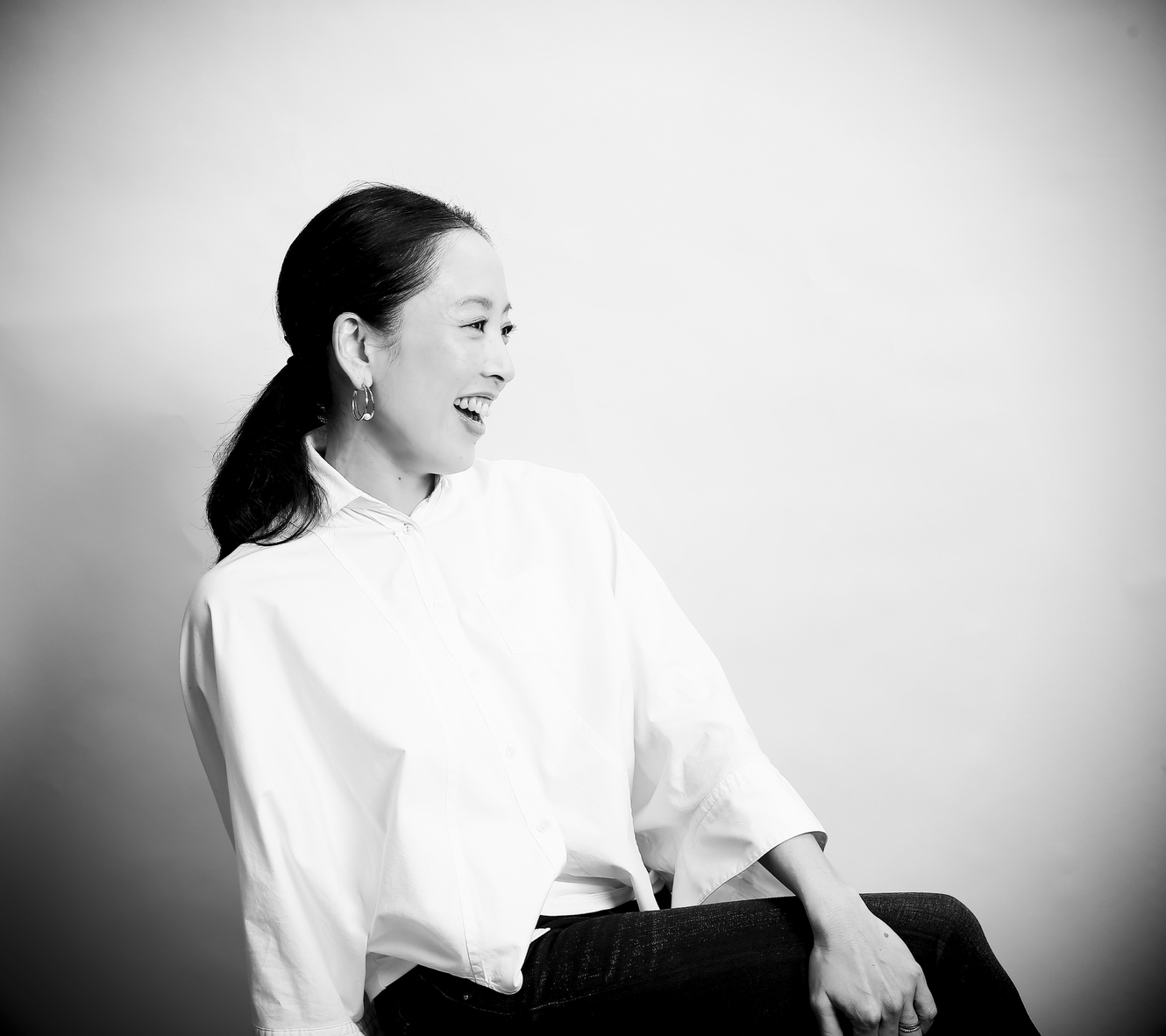
Photo by mikico
Follow Yuki on Instagram at @booknerdtokyo and read her blog here.
Interested in Japanese literature? Join Tokyo Weekender’s very own book club.
To nominate somebody for our upcoming 10 Questions With interviews, shoot us a line at [email protected]

